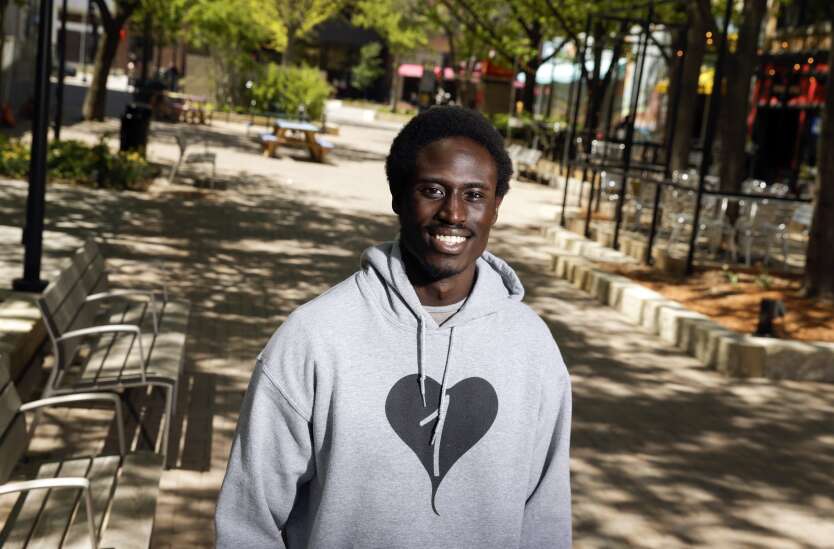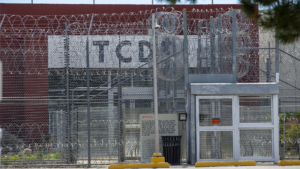Most of its proposed budget would go to operations
IOWA CITY — The Truth and Reconciliation Commission, created by the Iowa City Council in the wake of George Floyd’s murder in Minneapolis and last summer’s Black Lives Matter protests, plans to submit a budget proposal to the city that includes a stipend for each commissioner.
The board is requesting $500 per commissioner per meeting, which amounts to $1,000 a month for each of the nine appointed commissioners. The panel also is requesting back pay for meetings held so far, and for members who have left. If the request is approved by the council, the Truth and Reconciliation Commission would be the only appointed city board whose members are paid
In a budget outlined from July to December, the pay makes up less than a third of the request — $103,500 of the proposed $337,500 overall six-month budget. Some other items included in the proposed six-month budget are $30,000 for a facilitator, $17,500 for advertising and outreach and $36,000 for paying experts and training. Roughly $130,000 is marked for operations of the panel’s subcommittees.
When the council agreed last year to support several initiatives including the Truth and Reconciliation Commission, it committed to back up that vow with $1 million in city spending.
It outlined a sweeping mission for the commission: To “bear witness to the truth of racial injustice in Iowa City, and to carry out restorative justice, through the collection of testimony and public hearings, with such work to include a recommendation to the Council of a plan for dedicating and/or renaming public spaces and/or rights of way in honor of the Black Lives movement.” Unless the council extends it, the commission is set to dissolve in June 2022
The council’s resolution creating the commission gave it the power to create its own budget, subject to council approval. In previous meetings, commission members discussed the idea of pay and determined that the labor and time commitment to the panel, as well as the nature of the work, warranted it. Some members were against the idea at first, but it eventually became unanimous.
Eric Harris, a commissioner, said the time devoted to meetings — sometimes stretching four or five hours, as well as work attending meetings and community events outside the meetings — make up a big chunk of the members’ lives. A father of six, Harris said the work eats into his time parenting and being with his family.
“I feel that we should be compensated for sitting on four or five hour meetings, and plus some of the work that we’ve been doing is some of the things that City Council didn’t get around to,” he said. “Some of the things that we have accomplished so far, it deserves compensation.”
Other members noted an incongruity in how the commission, made up of people of color, is tasked with doing work that addresses racial inequity.
“I take a firm stance on what I’m willing to do for white folks in general,” commissioner Sikowis Nobiss said during a July 10 meeting. “ … We need to be firm on what we’re willing to do for free and what kind of emotional labor we’re going to give and how that’s going to be compensated.”
Council member Laura Bergus said she fully supports the proposal. She said the work the commission is doing is unique among city boards and that it can be traumatic.
“We are asking the commissioners to engage in a subject matter and with people throughout the community in really hard ways that I don’t think we’ve ever asked of community members before,” she said.
Council member Janice Weiner said she’s supportive of the principle but hasn’t reviewed the budget proposal and hasn’t made up her mind yet. She said the pay wouldn’t turn the appointed commissioners into city employees.
She said her main concern is that members of other city commissions are not paid. “My only concern is that we have people who work on other commissions who give a lot of their time as well and who are not compensated, and I need to check with them to find out also how they will feel about this,“ she said.
Bergus said the budget proposal could come before the council as early as its July 27 meeting.
Comments: (319) 398-8473; caleb.mccullough@thegazette.com




